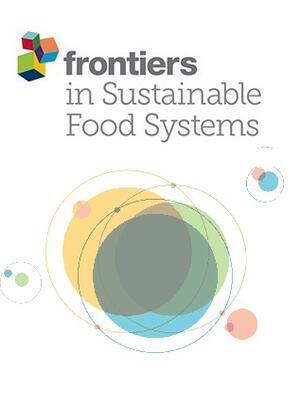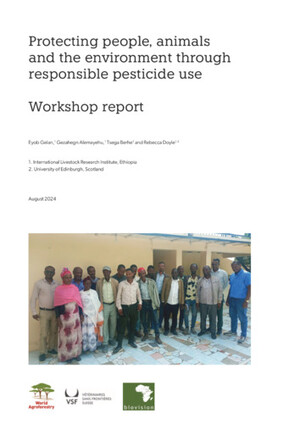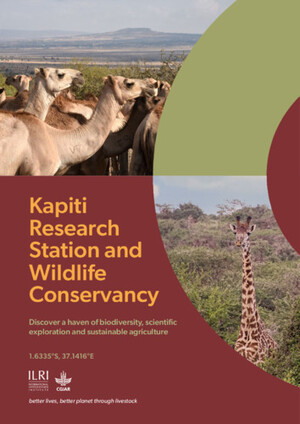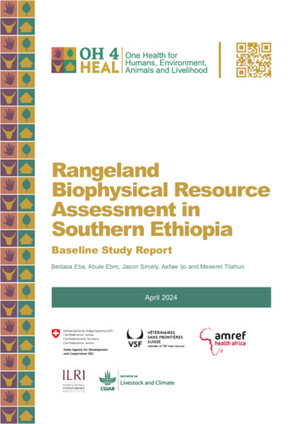
Land use and land cover dynamics in Dendi-Jeldu hilly-mountainous areas in the central Ethiopian highlands
Abstract
The central Ethiopian highlands where most human and livestock populations concentrated have experienced a drastic change in land use and land cover (LULC) of the landscapes. This study was aimed to define the rate and pattern of LULC changes in Dendi-Jeldu hilly-mountainous areas in the central Ethiopia. Aerial photographs of years 1957 and 1995, and Landsat images taken at 1995 and 2014 were used to analyze the historical land use and land cover (LULC) changes. The study covered an area of about 438 km2. The analysis extracted from these remote sensing data revealed that, in 1957, the dominant LULCs were pastureland, cultivated land (cropland) and forestland covering 49, 25 and 20% of the total area, respectively. Remarkable LULC change dominated by cultivated land expansion (now covering 68% of the total area), however, claimed vast areas under pastureland (main), forestland and woodland. Deforestation in particular, would have been greater if Chilimo forest (remnant afro-montane forest) was not under state control. Plantation forestry exclusively dominated by eucalyptus species also showed substantial expansion into pastureland in the period between 1957 and 1995, and cultivated land between 1995 and 2014. In the period 1957 to 2014 cultivated land, plantation land and settlement were increased by 170%, 13,674% and 172% respectively, while pastureland, forestland and woodland declined by 67%, 73% and 100%, respectively. Change from natural habitat (pastureland, forestland and woodland) to other land uses (cultivated, plantation and settlement lands) is likely to have a large impact on biodiversity, land degradation and beyond.
Citation
Minta, M., Kibret, K., Thorne, P.J., Nigussie, T. and Nigatu, L. 2018. Land use and land cover dynamics in Dendi-Jeldu hilly-mountainous areas in the central Ethiopian highlands. Geoderma 314:27–36.










